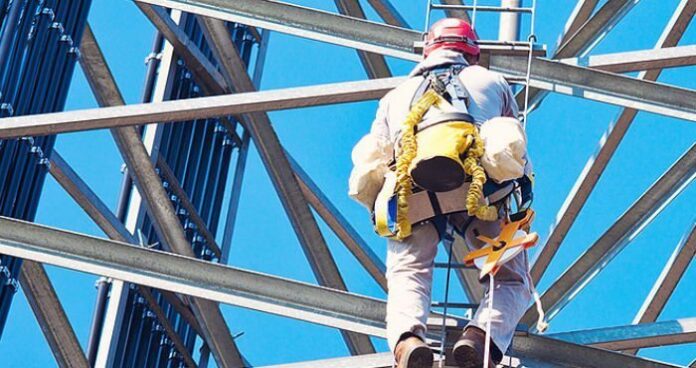HOLLYWOOD, Fla. – Wireless infrastructure is one of the fastest-growing industries in the nation, but until recently there has been no formal training program for workers in this industry. Wireless trade association PCIA has worked to change that during the past 18 months. Industry leaders kicked off this year’s Wireless Infrastructure Show with an overview of wireless workforce training, focusing especially on the opportunities for veterans.
The Telecommunications Industry Registered Apprenticeship Program is a joint venture of telecom and wireless companies, industry associations including PCIA and the U.S. Department of Labor. The goal is to develop Department of Labor-credentialed apprenticeship programs available to qualified employers for the training and career development of the telecom/wireless workforce.
Aiken Technical College is the first college to create a pilot training program. The result is a 16-credit-hour certificate. Students attend five days a week for five full weeks, and finish with authorization to climb, first-aid training, basic life support, rigging training and OSHA 10.
Hundreds of Tower career opportunities await. Find your perfect fit at TelecomCareers today!
Focus on veterans
The White House said that 250,000 veterans are coming out of the Department of Defense each year.
“They are fit, they are motivated, they are kinetic, they are trained. This generation has received some of the best training of all wartime forces. Once they connect to employment, regardless of age, they outperform the general population,” said Rosye Cloud, senior adviser for veteran employment at the Department of Veterans Affairs. Cloud noted that the current generation of veterans is the first to outperform the general population in the workforce.
“They tend to commit, they tend to be a solid bet,” she said. “Sourcing them and getting them into training tends to be a big question mark.”
Veterans can take advantage of the GI Bill to help pay for training. In addition, the federal government’s Skill Bridge program enables veterans to start training in an industry of their choice while they are still on active duty. Cloud said the wireless industry is at the forefront when it comes to connecting federal resources to educational opportunities for veterans.
“This is the first industry that’s actually looking at this as a holistic pipeline,” said Cloud.
“There’s no job they don’t believe they can get done,” said Kelly Dunne, describing the veterans he is bringing into the industry through his Warriors 4 Wireless organization. “They work tremendously well on a team. They’re quick learners, they adapt quickly, they’re incredibly loyal and they want stability.”
That need for stability includes a desire for a career as opposed to just a job, according to Martin Travers, who oversees the telecom services division of construction giant Black & Veatch. Travers sees a need for new technical skill sets related to small cell installations, and for site acquisition skill sets, and believes these are good complements to tower-related training.
“In many ways tower climbing is a young person’s game,” he said. “If you don’t provide a career path that shows people how they can transition, it’s not a very attractive career path.”
Travers is optimistic about the wireless industry’s ability to bring veterans into the workforce and to help workers gain the skills they will need as the industry evolves. He said the wireless industry has demonstrated adaptability in the past.
“The industry responded when radio equipment moved to the top of the tower and that required a different skill set,” he said, adding that as small cells proliferate another transition is underway. “It’s a different skill set,” he said. “It doesn’t necessarily require the tower climbing expertise but it does require technical expertise.”

